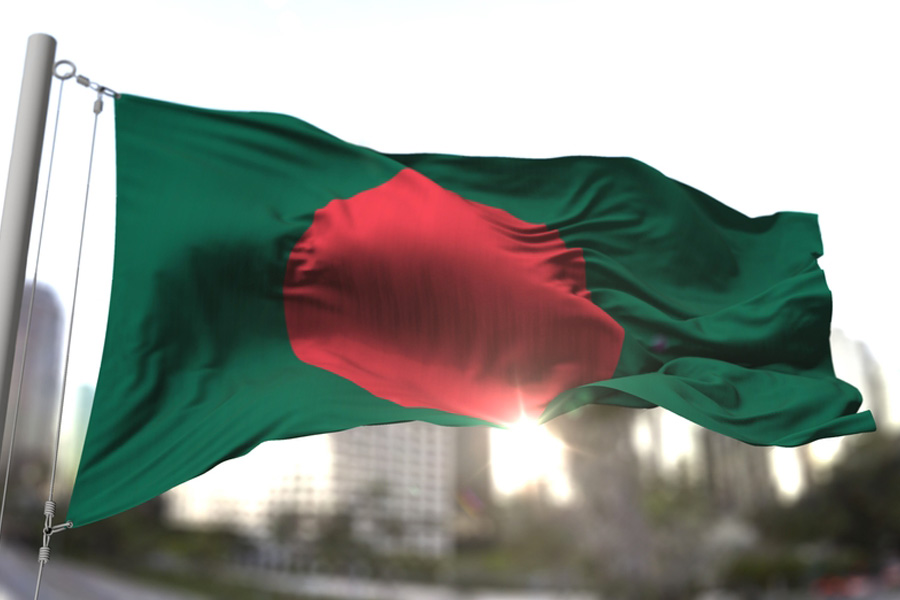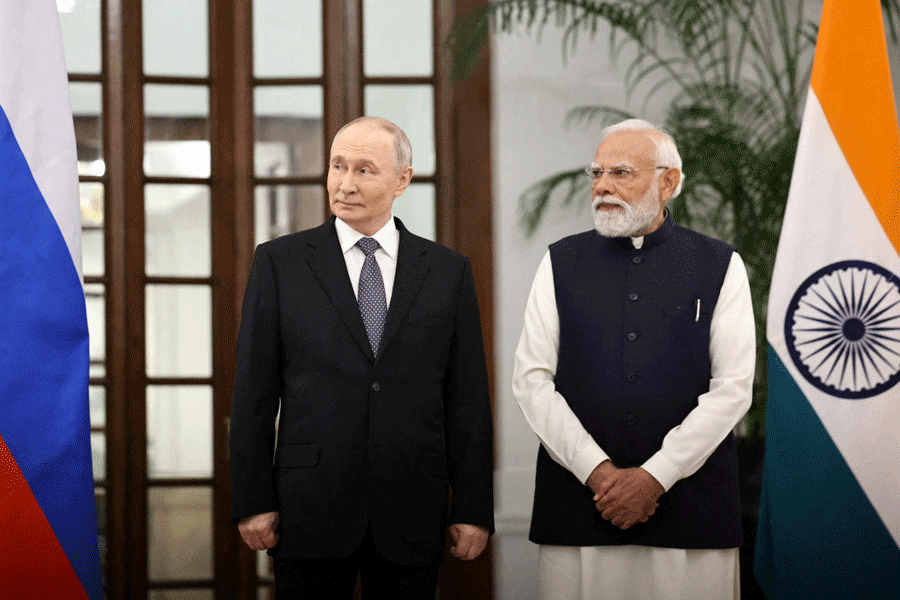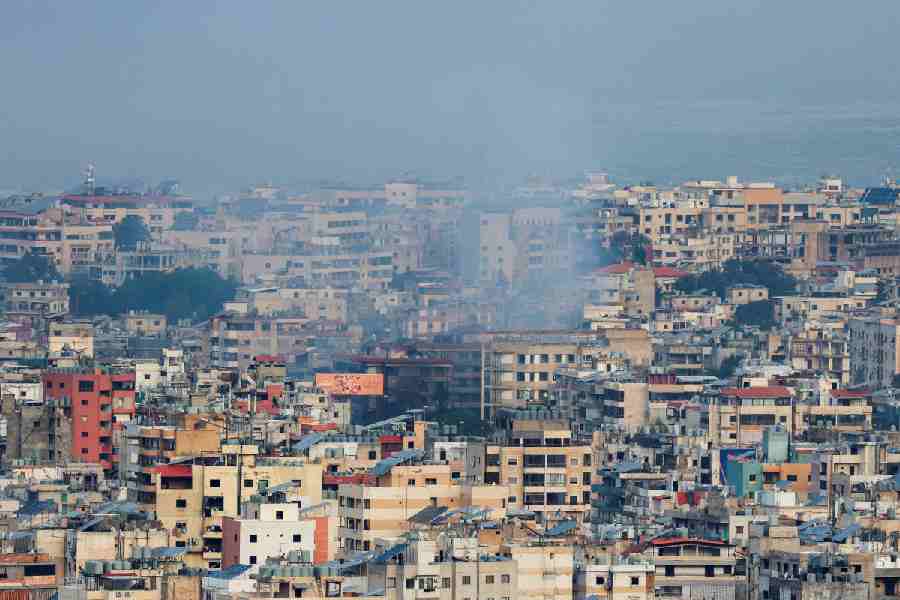The Office of the United Nations High Commissioner for Human Rights Wednesday said there are troubling instances of retaliatory killings and other serious revenge violence targeting Awami League officials and supporters, Hindus, Ahmadiyya Muslims and indigenous people from the Chittagong Hill Tracts and the Hasina government was responsible for “serious human rights violations” during last year’s students’ uprising that may have killed 1,400 people.
The fact-finding report states that minorities have been subjected to human rights abuses under Mohammad Yunus–led interim government.
The report says that while authorities have reportedly arrested about 100 people for attacking religious and indigenous groups, many perpetrators of revenge violence and attacks against these groups remain unpunished.
The report also said security and intelligence agencies, “violent elements” of the Awami League under Prime Minister Sheikh Hasina, were responsible for extrajudicial killings in the country.
The team that led the probe from September 16, 2024 onwards included a physician, a weapons expert, a gender specialist, media and legal advisers and open-source analysts.
The UN fact-finding team visited Bangladesh on the request of the chief adviser to the interim government, Mohammad Yunus, and other senior officials.
Most of those killed and injured were shot by Bangladesh’s security forces. The report states, among those killed, 12-13 per cent were children, while the Bangladesh Police had claimed 44 of its officers were also killed.
In the initial days of the rebellion, the Awami League government had admitted to 150 deaths.
“The intelligence services – the Directorate-General of Armed Forces Intelligence (DGFI), National Security Intelligence (NSI) and the National Telecommunication Monitoring Centre (NTMC) – and the specialised branches of the Police – Detective Branch, Special Branch and Counter Terrorism and Transnational Crime unit (CTTC) – engaged directly in perpetrating human rights violations to abet the violent suppression of protests,” reads the 114-page report.
The report also states that the intelligence services were a part of a “systematic and organised” effort to conceal the violations of human rights.
Last June Bangladeshi students’ started a movement against the now-scrapped quota for descendants of the 1971 freedom fighters known as Muktijoddhas(liberation war heroes), which soon blew into a full-fledged rebellion against the deposed PM Hasina, who is in India since fleeing Dhaka on August 5.
The “success” of the rebellion which ousted Awami League’s uninterrupted rule for 15 years has brought further turmoil into the country with persecution of Awami League officials, cops, teachers, writers, actors and minorities.
The turmoil in the neighbouring country continued with the razing of 32, Dhanmondi, the official residence of Bangladesh’s founder and Hasina’s father Sheikh Mujibur Rahman last week.
“The brutal response was a calculated and well-coordinated strategy by the former government to hold onto power in the face of mass opposition,” said UN Human Rights Chief Volker Turk. “There are reasonable grounds to believe hundreds of extrajudicial killings, extensive arbitrary arrests and detentions, and torture, were carried out with the knowledge, coordination and direction of the political leadership and senior security officials as part of a strategy to suppress the protests.”
“The testimonies and evidence we gathered paint a disturbing picture of rampant State violence and targeted killings, that are amongst the most serious violations of human rights, and which may also constitute international crimes. Accountability and justice are essential for national healing and for the future of Bangladesh,” he added.
The report found patterns of security forces deliberately and impermissibly killing or maiming protesters, including incidents where people were shot at point-blank range.
The report documents gender-based violence, including physical assaults and threats of rape, aimed at deterring women from participating in protests.
In one of several deadly cases documented, a 12-year-old protester in Dhanmondi died from internal bleeding caused by some 200 metal shot pellets. Also among those killed were very young children who were brought by their parents to protests, or who were shot as bystanders. In one case in Narayanganj, a six-year-old girl was killed by a bullet to the head while standing on the roof of her building observing violent clashes at a protest.
The report states, there are reasonable grounds to believe Abu Sayed (one of the martyrs of last year’s rebellion and a student leader) was the victim of a “deliberate extrajudicial killing by the police.”










